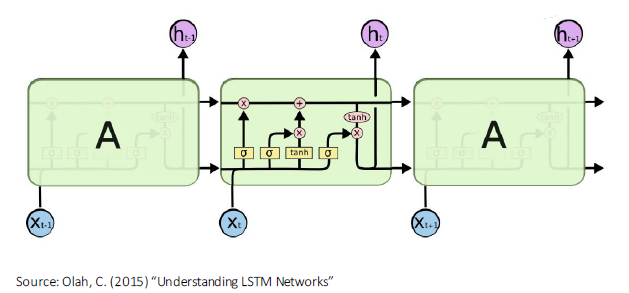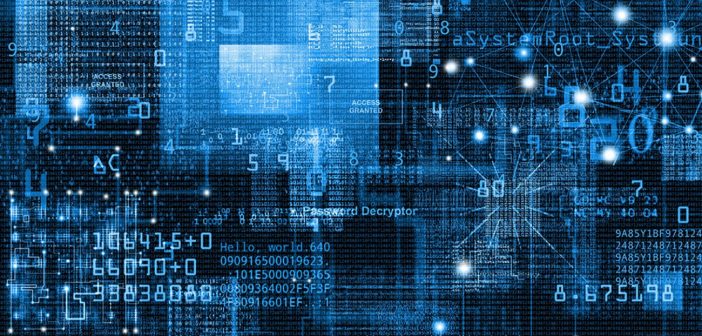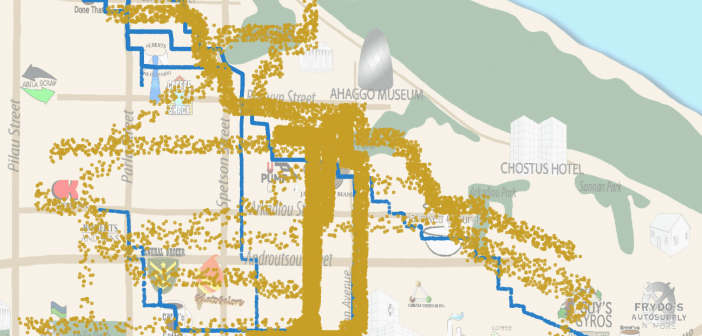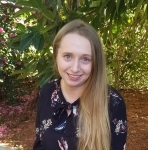The SAS Data Science Blog
Advanced analytics from SAS data scientists
Word embeddings are the learned representations of words within a set of documents. Each word or term is represented as a real-valued vector within a vector space. Terms or words that reside closer to each other within that vector space are expected to share similar meanings. Thus, embeddings try to capture the meaning of each word or term through its relationships with the other words in the corpus.

SAS' Xilong Chen introduces the new DEEPCAUSAL procedure in SAS Econometrics for causal inference and policy evaluation and much more.

Technological advancements in connectivity and global positioning systems (GPS) have led to increased data tracking and related business use cases to analyze such movements. Whether analyzing a vehicle, an animal or a population's movements - each use case requires analyzing underlying spatial information. Global challenges such as virus outbreaks, deforestation


